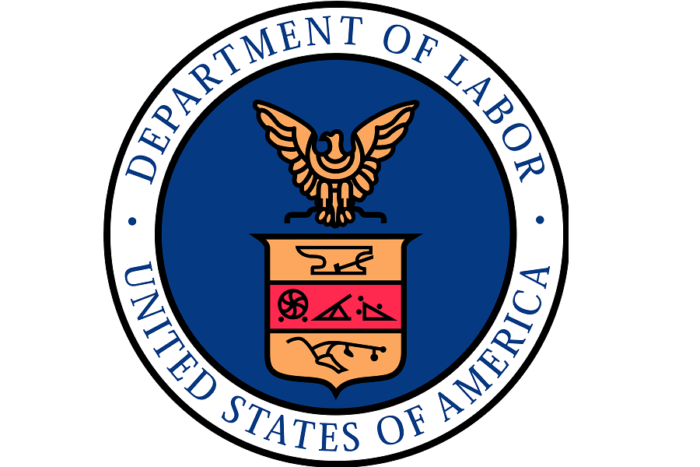On September 19, the U.S. Senate Health, Education, Labor & Pensions (HELP) Committee held a confirmation hearing of Eugene Scalia for Secretary of Labor, about two months after President Trump first announced his nomination. Scalia was nominated after former Secretary Alex Acosta stepped down, amid his involvement in the initial sex crimes case brought against Jeffrey Epstein.
Scalia’s name may be immediately recognizable because his father is the late Supreme Court Justice Antonin Scalia, but the son has long had a presence within the Beltway, known for representing big-name corporate clients against the government or in high-profile cases. He also served as the chief lawyer for the Department of Labor under the (second) Bush Administration, a role which was narrowly confirmed by the Senate.
Prior to and during the hearing, Democrats raised concerns about Scalia’s career record, a large portion of which is heralded by his triumphs on behalf of corporate clients, against many of the workers for whom he would now be tasked with enforcing protections. Indeed, many unions such as the United Steelworkers and the AFL-CIO, have voiced their opposition to Scalia.
One particularly concerning stance is Scalia’s argument in a 1998 article that quid pro quo workplace sexual harassment “should be eliminated as a functional category of discrimination.” Perhaps anticipating a criticism of his work on this front, Scalia spoke in his opening statements to the work he does that is not made publicly known, in which he included counseling clients in strengthening anti-harassment policies and removing offenders from the company.
Why It Matters
The Department of Labor is responsible for many of the programs and strategies that support technical women, and a path toward a more equitable tech industry. If confirmed, Scalia would be responsible for enforcing policies that keep America’s workers safe and healthy. This includes protections for workers with disabilities, redress for on-the-job injuries, guarantees for contracted and part-time work, and more.
Additionally, the Secretary of Labor is charged with the implementation of workforce development programs and laws, including federally-registered apprenticeships, and authorization of workforce development boards and job centers. These programs are critical pathways into technical careers, and some of the federal government’s most equitable strategies for addressing the skills gap that leave many technical employers without the full workforce supply they need.
What’s Next
Contact your senator to voice your opposition or support for Scalia as Secretary of Labor. Not only is it a chance for you to voice your opinion on his nomination, but it’s also an opportunity to inform your policymakers about the labor issues that matter to you. While there are many partisan issues, workforce development and issues pertaining to the future of work are often bipartisan and in need of informed, technical experts living out the careers these polices impact
Read more posts from the thread How to Set Career Goals in Tech That Get You Where You Want to Go

